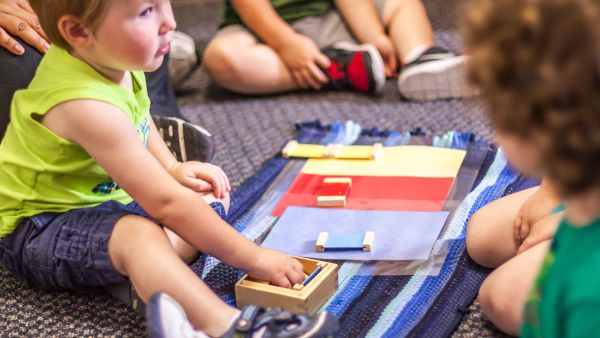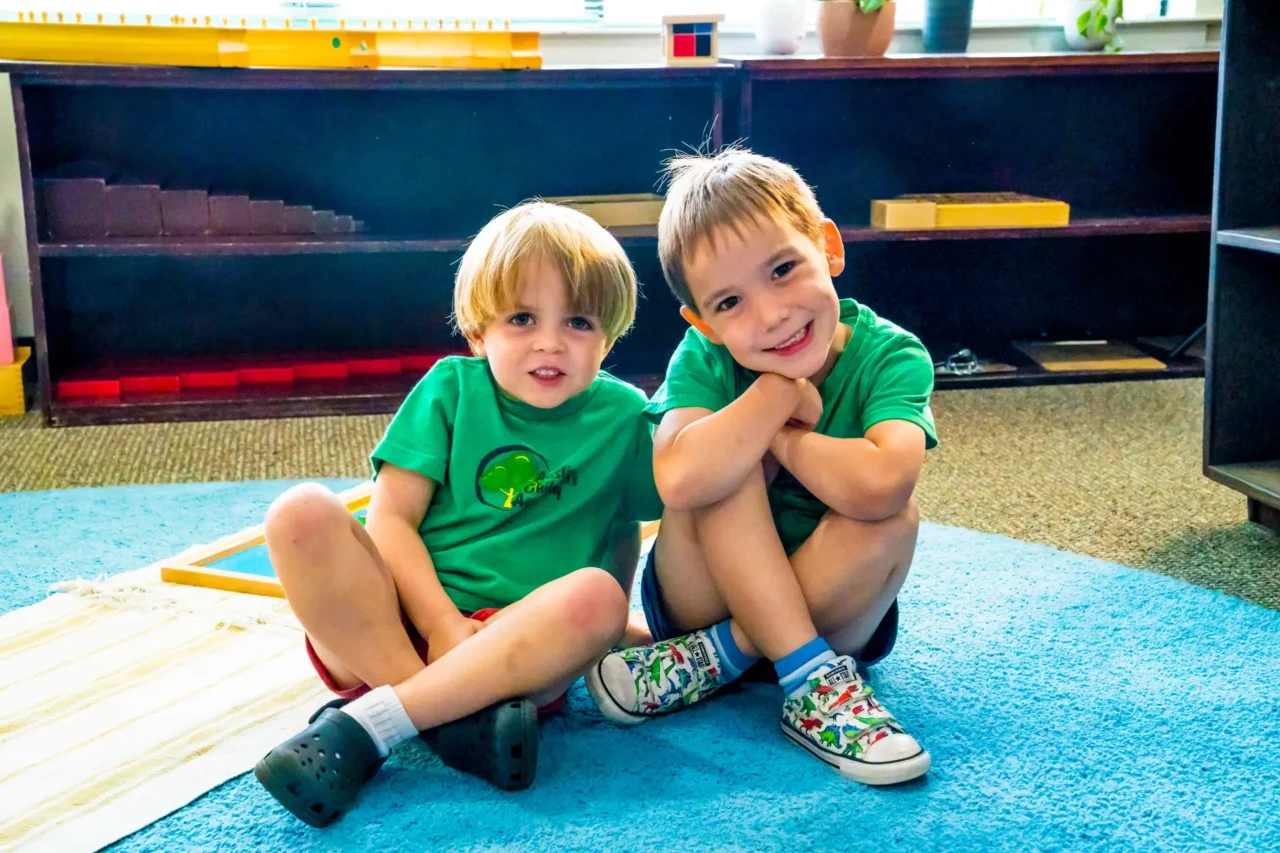
Who doesn’t adore a self-motivated, curious, and independent student? It’s a joy to watch a child delve deep into a fascination with some new aspect of the world. That impulse is the essence of self-learning—a self-directed determination to grow in knowledge without the necessity of someone else having to explain or teach it.
Promoting and developing this ability won’t necessarily make a child teach himself calculus, but it just may make him a more knowledgeable, confident, and responsible individual. Check out these four ways to encourage self-learning at home.
Be Mindful Of Balance
Teaching a child the joys of self-learning doesn’t happen automatically. Like all worthy lessons, it requires a certain amount of struggle and sacrifice. One way that every parent can help is actually by holding back on your help in a thoughtful and balanced way.
For example, if your child is struggling with his homework, let him try to figure it out on his own for a while. A little struggle often leads to a solution. By giving your child the opportunity to come to that solution himself, you’ll be showing him that effort can lead to rewards. You’ll also be building his confidence in his own abilities, which will make future struggles less traumatic.
The trick in this technique, of course, is the ability to perceive when he’s struggling because he hasn’t yet grasped the current concept or if he is struggling because he doesn’t yet know necessary underlying skills. Consider interceding before complete frustration and breakdown.
Stoke Their Interests
A child will be more likely to learn more about a subject if the subject naturally appeals to him or sparks their curiosity. Be alert to the events, ideas, and subjects that light your child up, and then feed the fire. Does he love dinosaurs? Music? Airplanes? Fill his world with books, videos, and opportunities so that he can explore more deeply on his own.
Avoid Perfection
For many children, particularly young children, exploring their own interests is a messy process. A toddler learning how to use a spoon is going to figure out the many ways it works. Laundry piles up when a preschooler first gets her hands on finger paints. Mistakes and messiness are part of any learning process. As a parent, you accept the chaotic process as well as the imperfections.
That embrace of messiness and imperfection should extend into the later years, as well. A grammar school student who builds a (leaning, rather twisted) model house on his own learns much more about the limits of popsicle-stick art than his classmate whose father builds a dollhouse-like masterpiece for him.
Praise Effort As Well As Achievement
Not all efforts will bear fruit, but working hard toward a goal improves the odds. Praising your child’s determined efforts helps develop a solid work ethic, which is always an advantage in any endeavor. Praising effort also encourages an intrinsic pride in the work itself. What greater gift can you give a child than feeling the satisfaction and joy of a job well done?






